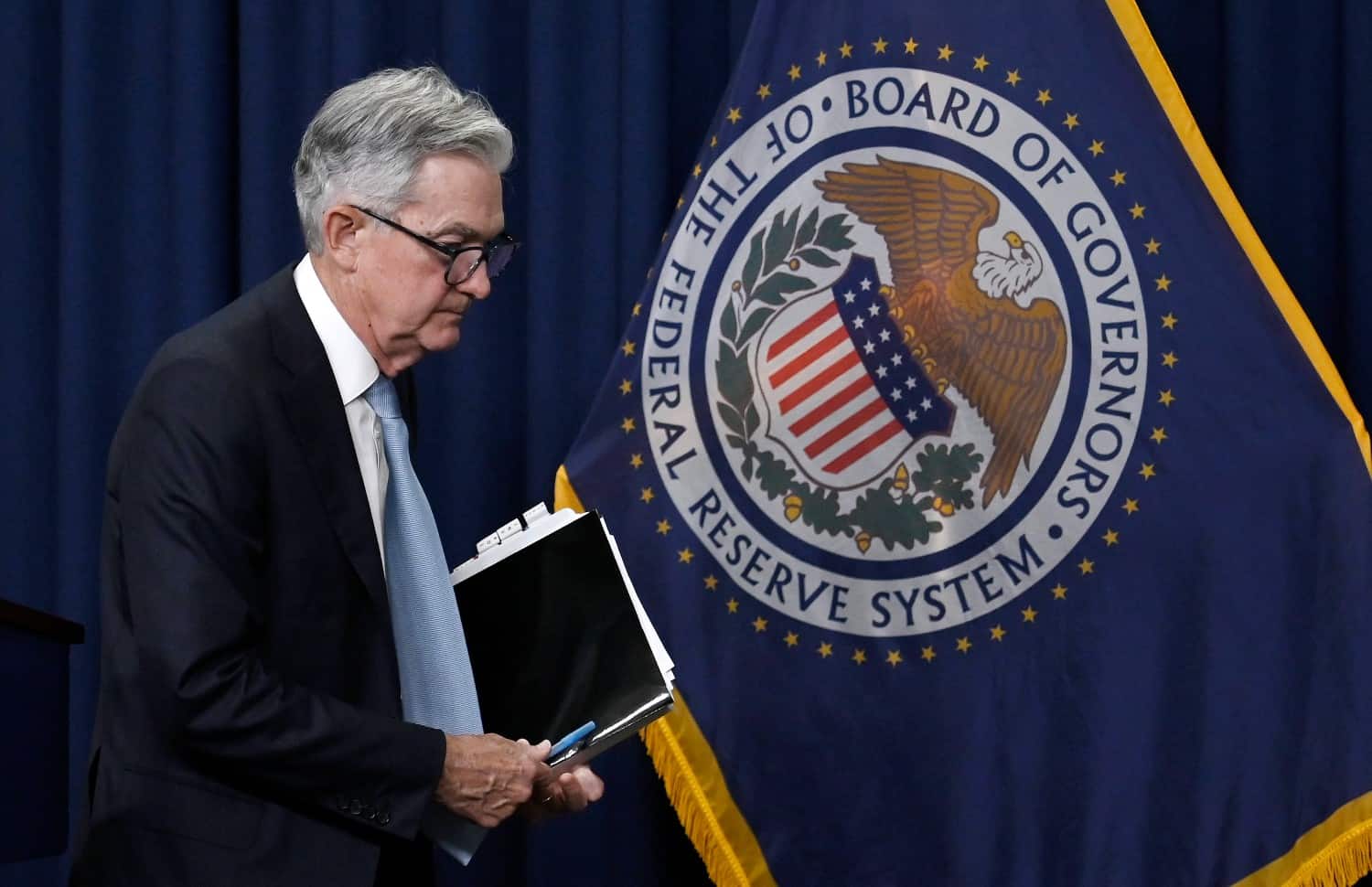Global bond and equity markets have been particularly volatile in recent weeks as the general sell-off that started early this year deepened with the deterioration of the macro outlook, the Qatar National Bank (QNB) in weekly report.
The report said that the main driver of the volatility was the multitude of negative prints coming from inflation figures in key advanced economies.
“In fact, the headline consumer price index (CPI) for the US and the Euro area accelerated further in May 2022. At 8.6 percent for the US and 8.1 percent for the Euro area, the CPI prints came well above the 2 percent target of their respective monetary authorities,” the report said.
It also highlighted that inflation figures for May were significantly higher than what was expected by both policymakers and investors, noting that this was particularly relevant in the US, where a debate about “peak inflation” was gaining ground before new figures were released.
QNB’s commentary delved into the main challenges faced by both the Fed and the ECB in recent months.
The report said that the US Fed was behind the curve as things stands, which means it will have to tighten policy rates more rapidly to contain inflation.
“Last time US inflation reached the May 2022 highs was in early 1982, when the Fed policy rate was 15 percent, versus the current level of 1.75 percent. In the past, every time US inflation breached the 5 percent mark, the price spiral problem was not contained before policy rates were aggressively hiked to a level that was at least as high as peak inflation. Every single time that this happened, the monetary tightening contributed to a recession,” the report said.
The world economies are staring at the deep recessions and more financial instability. If inflation does not moderate significantly over the coming months, it will likely to result in the most difficult environment for monetary policymaking since the stagflation period of the 1970s, says the weekly QNB report.
QNB highlighted that it will be extremely unlikely for US policy rates to move above existing inflation rates. It cited the level of overall indebtedness in the US public and private sector, at 350 percent of GDP, as a cap on lifting rates above 4 percent.
“Doing so would increase the debt burden too much too quickly, increasing the risk of a financial crisis or a sudden stop in consumption and investment.” This would mean that sustained high levels of inflation will force the Fed to choose between price stability, full employment or financial stability.
As for Europe, QNB said that the current spike in prices is the most severe inflationary shock the Euro area has ever experienced in its more than twenty three years of history. It used Germany as a proxy for the crisis in the continent.
“Last time inflation reached the May 2022 highs was in mid-1973, when the Bundesbank policy rate was 7 percent, versus the current ECB policy rate of -0.5 percent. The negative gap between inflation and policy rates is multiple times anything seen over the last two generations,” the report said.
It noted that the European Central Bank (ECB) will have to increase rates sharply, especially given the wide gap it has with its US counterpart. It predicted that the Euro could depreciate further against the US Dollar if the ECB fails to lift rates significantly.
QNB concluded by saying that both the Fed and the ECB are under pressure to deliver lower inflation as part of their mandates and noted that this requires more aggressive policy actions that could lead to severe unintended consequences, such as deep recessions and more financial instability. It warned that if inflation does not moderate significantly over the coming months, it will likely to result in the most difficult environment for monetary policymaking since the stagflation period of the 1970s.
(With QNA inputs)








